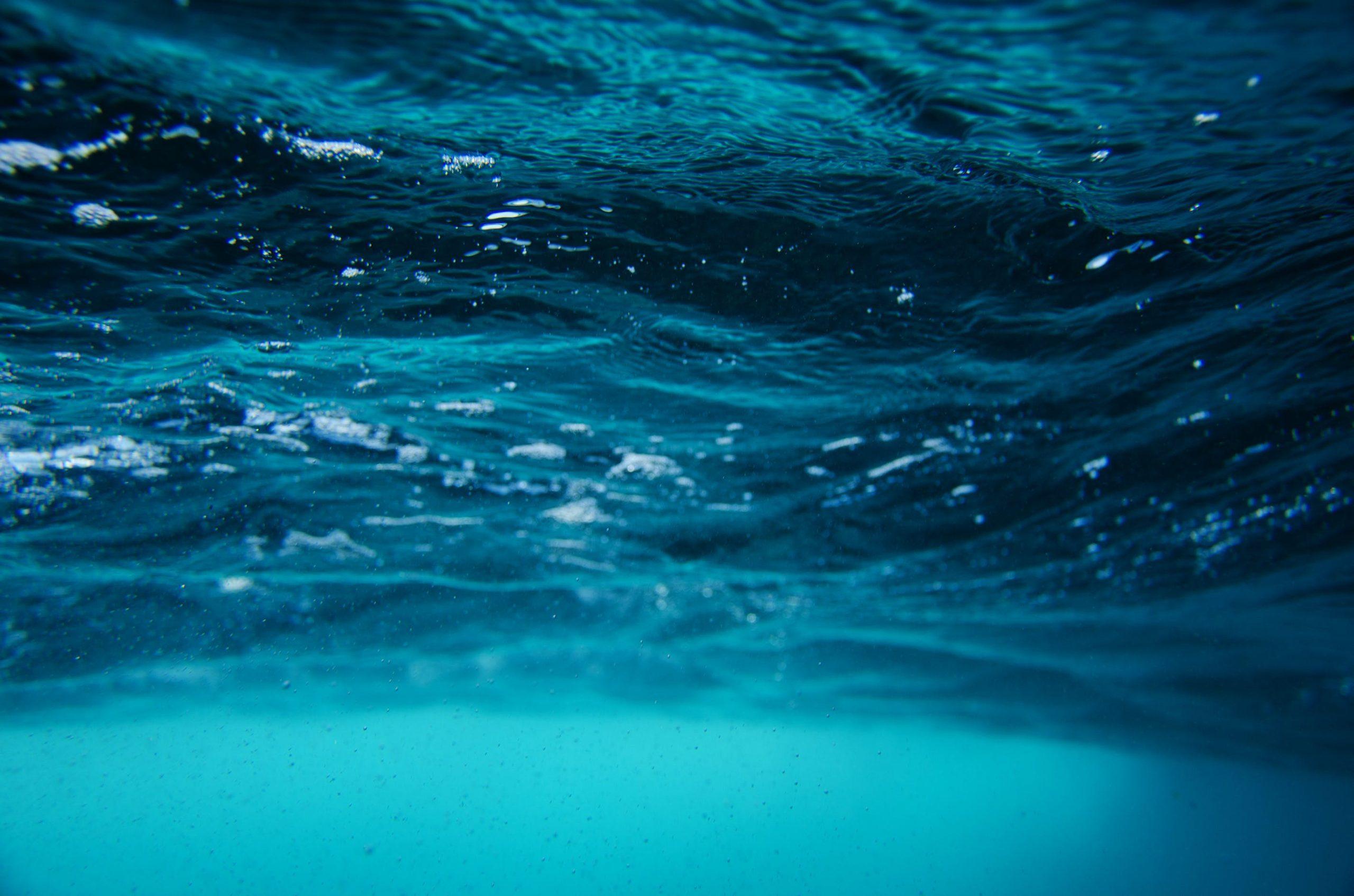News
Ukraine war: it may be stalemate on land, but Kyiv’s Black Sea success could bring wider benefits this winter

To date, Ukraine’s highly anticipated summer counteroffensive has not resulted in any substantial territorial gain, and Russia has not made any progress either. (Pexels Photo)
As the attention of the world centres on the war in Gaza, many commentators believe that the war in Ukraine is becoming a stalemate. To date, Ukraine’s highly anticipated summer counteroffensive has not resulted in any substantial territorial gain, and Russia has not made any progress either.
In military terms, a stalemate is not necessarily negative, depending on your perspective. It’s a chance to replenish ammunition stocks (for instance, Russia’s limited supply of missiles) or procure new key weapons systems for the next phase of the war (Ukraine’s acquisition of F-16 fighter jets.
In political and diplomatic terms, a stalemate enables both sides to rally their allies and partners – see Moscow’s public relations offensive in the Middle East to capitalise on the effects of the Israel-Hamas war. But it can also contribute to war fatigue – and we are seeing a degree of this among Kyiv’s allies in the west.
However, this notion of a stalemate neglects the war’s maritime dimension, which has evolved fairly dramatically in Ukraine’s favour in recent months. With winter coming, recent successes in the Black Sea appear to offer Ukraine substantial tactical, strategic and political advantages.
Kyiv claims that since the beginning of the war, Ukrainian forces have damaged or destroyed 27 warships and vessels belonging to Russia’s Black Sea fleet, including the fleet’s flagship, the 11,000-ton cruiser Moskva, as well as one of Russia’s Kilo-class submarines that carries cruise missiles.
With Russia’s naval base at Sevastopol considered no longer safe after a series of successful Ukrainian attacks, much of Russia’s Black Sea fleet has had to relocate to the port of Novorossiysk on the Russian mainland. Moving its remaining Kilo-class submarines to safer locations is important for Russia because it cannot afford to lose anymore of these expensive and scarce vessels.
Tactical and strategic implications
This winter, we can again expect Russia to try to degrade Ukraine’s energy infrastructure, as it attempted to do last year. Russia used Kalibr cruise missiles launched from the Black Sea as part of this strategy, creating additional vectors of penetration to saturate Ukraine’s air defence capabilities.
But the repositioning of the Black Sea Fleet further away from Ukraine will have a negative effect on Moscow’s logistics and tactical options this time around. And in a long war – such as this conflict is predicted to be – denying the enemy even one tactical option can have synergistic effects on the overall conduct of operations.
The impacts of Ukraine’s successful harassment and strikes against Russia’s Black Sea assets – its warships, shipyards, command centres and air defence sites – are apparent well beyond the Black Sea.
Here’s why: the situation on the ground in Ukraine has become a slog, as both Russia and Ukraine are trying to exhaust each other and their allies. So Ukraine’s campaign in the Black Sea, which has increased the vulnerability of Crimea, has a great deal of significance. While it is unlikely to provide a direct opportunity for Kyiv to retake the peninsula any time soon, the perceived threat obliges Moscow to devote attention and limited resources to the defence of Crimea, which will affect its overall strategy of attrition.
Insurance deal
The relocation of Russia’s naval resources away from Ukraine’s main trading routes in the northwestern Black Sea has weakened Russia’s attempted blockade of Ukraine. In the words of the Ukrainian president, Volodymyr Zelensky: “Russia is unable to use the Black Sea as a springboard to destabilise other regions of the world.”
Moving its naval assets further away from its base at Sevastopol has not completely prevented Russia from targeting civilian shipping, though. On November 9, a Russian missile hit and damaged a civilian vessel sailing under a Liberian flag as it entered a Black Sea port in the Odesa region, killing one and injuring four people. This led to a spike in insurance premiums.
Blockades only work if they make the operational and financial risks for ship operators and insurers too high, so it’s crucial that Kyiv can act to increase confidence in Ukraine among the global shipping sector. The first step has been to reduce the threat posed by the Russian navy; the next is to reduce risk perception and normalise maritime trade to and from Ukraine.
Importantly, despite the incident with the Liberian-flagged ship, Kyiv has managed to finalise a deal with a group of 14 British insurers that enables discounted insurance premiums (compared to high war premiums) thanks to a mechanism of state financial backing. Announcing the deal, the Ukrainian prime minister, Denys Shmyhal, explained:
It will make it possible to make a discount on the cost of insurance against military risks for exporters of all products from Ukraine. This will make the Black Sea corridor more accessible to a wider range of exporters.
The more ships that are able to move goods in and out of Ukraine, the more this will demonstrate that, despite Russia’s attempts to block Ukraine’s ability to trade, there is a lower risk involved – thus creating a new cycle of confidence within the maritime sector, and reinforcing the idea that the Russian blockade is obsolete.
Kyiv’s key allies, including the UK, appear to understand the advantage that Ukraine now holds in the Black Sea. Despite the apparent stalemate on land, Ukraine’s successes at sea will ensure its resilience in the longer term.![]()
Basil Germond, Professor of International Security, Department of Politics, Philosophy and Religion, Lancaster University
This article is republished from The Conversation under a Creative Commons license. Read the original article.





















